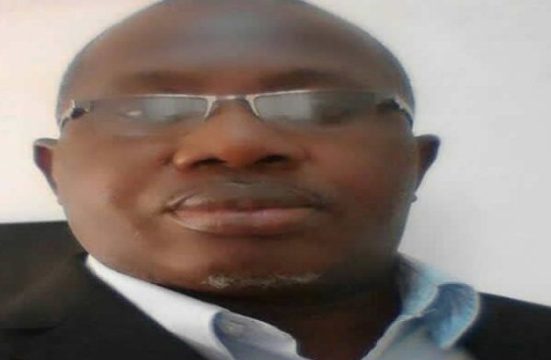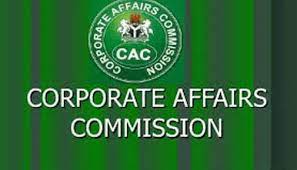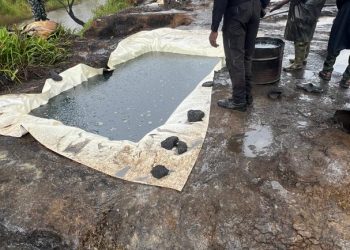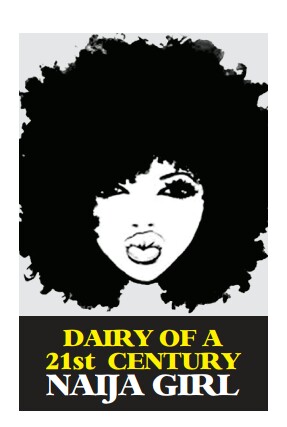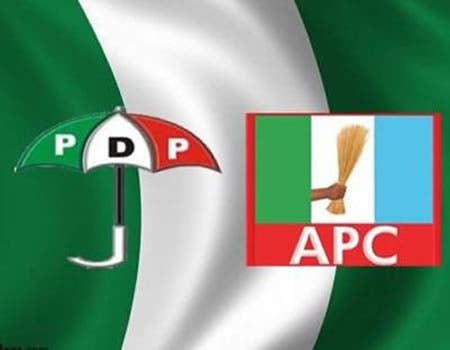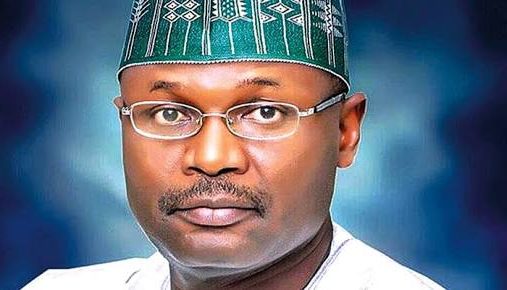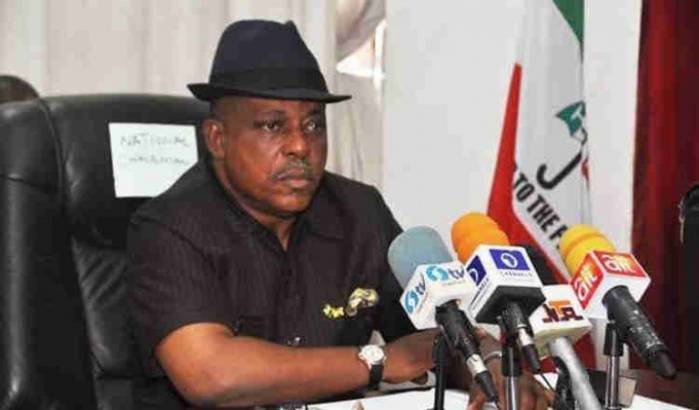Goalkeeper Joseph Bassey Eric, better known as Joe Erico, was lucky to travel to Ethiopia for the 1976 African Nations Cup as first choice. Emma Okala, Nigeria’s best at the time, stayed away. Prince Zion Ogunfeyimi automatically became reserve goalie.
Green Eagles’ debut at Ghana ’63 was a disaster in Kumasi . Egypt hit them 6-3, Sudan made it worse with a 4-0 drubbing. Erico was not there but there was baggage. Nigeria could not qualify for the 1974 edition in Egypt because Zambia damaged the team.
Erico was there when KK Eleven hammered Green Eagles 5-1 at the April 7 Stadium Lusaka in 1973. Bernard ‘Bomber’ Chanda began the humiliation at the half hour mark. Simon Kaodi and Brighton Sinyangwe each got a brace.
General Yakubu Gowon had to disband the team. The Lagos leg ended 3-2 in Nigeria’s favour. The Zambian goals, again came through the duo of Kaodi and Chanda. The Eagles had won All Africa Games gold earlier in 1973. Godfrey Chitalu who played for Zambia died in the 1993 plane crash involving the Chipolopolo ( there was a name change after Frederick Chiluba succeeded Kenneth Kaunda in 1991) off the coast of Gabon.
Zambia, after eliminating Nigeria, did so well at Egypt ’74 and it took a rematch for Congo Democratic Republic (Zaire at the time) to win the trophy in the grand finale. The first game ended in a 2-2 draw. The Congolese later made a World Cup debut in Germany in 1974.
At Ethiopia ‘ 76, Green Eagles’ first game was against defending Champions, Leopards of Congo. Zambia, conquerors of Nigeria had lost to the Congolese in the last edition. All eyes were on Erico not to let the nation down. Goalkeeper’s coach, Carl ‘ Gentleman’ O’Dwyer must have done a lot of confidence building.
The Eagles were in Group B hosted by Dire Dawa. In Amharic, Dire Dawa means ‘Place of Remedy’. Baba Otu Mohammed hit a brace, Sam Ojebode and Thompson Usiyen scoresd one goal each as it ended 4-2 against the defending champions.
Erico must have been the happiest man in the field of play. He conceded two goals but Nigeria won. Green Eagles’ moved on to win their very first Nations Cup medal, a bronze. The second round that produced cup winners, Morocco, was a round robbin arrangement that also involved Egypt and Guinea.
Nigeria played six matches all through the tournament, lost twice to Morocco, drew with Guinea and defeated Congo, Sudan and Egypt. In the six games, the Nigerians scored first. Erico did not keep a clean slate in any of the matches.
READ ALSO: Court Orders Reopening Of Wuse, UTC Markets In FCT, Imposes N50,000 Fine
Ethiopia ’76 was novel in so many ways. First choice keeper, Emma Okala, was not there. Skipper Christian Chukwu did not did not start in all the matches. Vice captain Aloy Atuegbu was more known to the Dire Dawa crowd. Idowu ‘ Slow Poison’ Otubusin proved his mettle.
The players prepared their meals. It was quite an unusual setting. They carried local food ingredients on the Ethiopian Airlines flight that took them to Addis Ababa. And they trained in Nigeria before departure, there was no overseas camping.
Haruna Ilerika stole the show in Dire Dawa. After the 4-2 defeat of Congo Democratic Republic, an Ethiopian lass rushed him with an 18-carat gold necklace. The midfield maestro got more surprise when she offered herself in marriage.
Ilerika was married at the time and did not fall. She was said to be the daughter of an Ethiopian minister. Fortunately for the girl, the Eagles were stranded in Addis at the end of the tournament. Their flight had technical issues and they spent two weeks at the Nigerian Embassy. It was fun as the footballer had good company.
The Nigerian team comprised coach Father Tiko, ably assisted by Dan Anyiam, Godwin Etemike and O’Dwyer. Chukwu, Atuegbu, Ilerika, Erico, Ogunfeyimi, Ojebode, Baba Otu, Usiyen were there as well as Godwin Odiye, Otubusin, Musa Lawal and Kunle Awesu.
Also in the team were, Ikechukwu Ezidinma, Alex Nwosu, Kelechi Emeteole, Francis Okorie, Sunny Oyarekhua, Ogidi Ibeabuchi and Kenneth Olayombo. Ilerika and Awesu made the CAF Team of the Tournament.
Erico earned a tournament call-up after his sterling performance in the 1975 Nigerian League with Lagos NEPA. The Electricians were the only team that did not lose to winners, Enugu Rangers. They drew in Lagos and ended it goalless in Enugu with Flying Antelopes supporters crying because Erico refused to be beaten in Enugu.
Rangers retained the title that year without losing a game. With 25 points from 14 matches, the Coal City Boys won 11, drew three. Okala conceded only three goals, Erico eight. NEPA finished second with 17 points. In third position were Shooting Stars,16 points and Vasco Da Gama, fourth with 14.
Erico turned to coaching and was known for his jogo bonito tap tap with Julius Berger, the Bridge Boys. When Dmitris Theophanis left Iwuanyanwu National at the end of 1988, the Berger coach moved to Owerri. The Naze Millionaires had won the League and Challenge Cup before their Greek coach departed.
Erico had a team of solid players with some of the best goalies around. Four of them. Edward Ansa, Haruna Wahab, Etta Egbe and Felix Chukwuma were seasoned internationals.Other superstars included Wole Odegbami, Thompson Oliha and Okey Uche.
The rest were Ben Iroha, Friday Elaho, Peter Nieketien, James Etokebe, Mike Obiku, Law Ukaegbu, John Benson, Goddy Eke, Sunny Ikwuagwu, Mathew Onyeama and Mike Obi. However, Erico was unable to defend the Challenge Cup. BCC Lions beat his team 1-0 in the final.
Trouble brewed after Iwuanyanwu were sent out of the African Cup for Champion Clubs by Inter Club of Congo in the quarter final. That was National that got to the finals in 1988. Erico retained the Nigerian League trophy but it was not enough to keep him in Owerri. He left.
Erico was more than a keeper. He represented Lagos State in High Jump at the Lagos ‘ 73 First National Sports Festival. That outing earned him a bronze. Okala also represented East Central State in Table Tennis but won soccer gold with Spartans.
Erico, from the Odukpani area of Cross River State, died in January 2021. He did not get money owed him by the Nigerian Football Federation Federation since 2002 when he served as goalkeeper’s coach with the Eagles.
